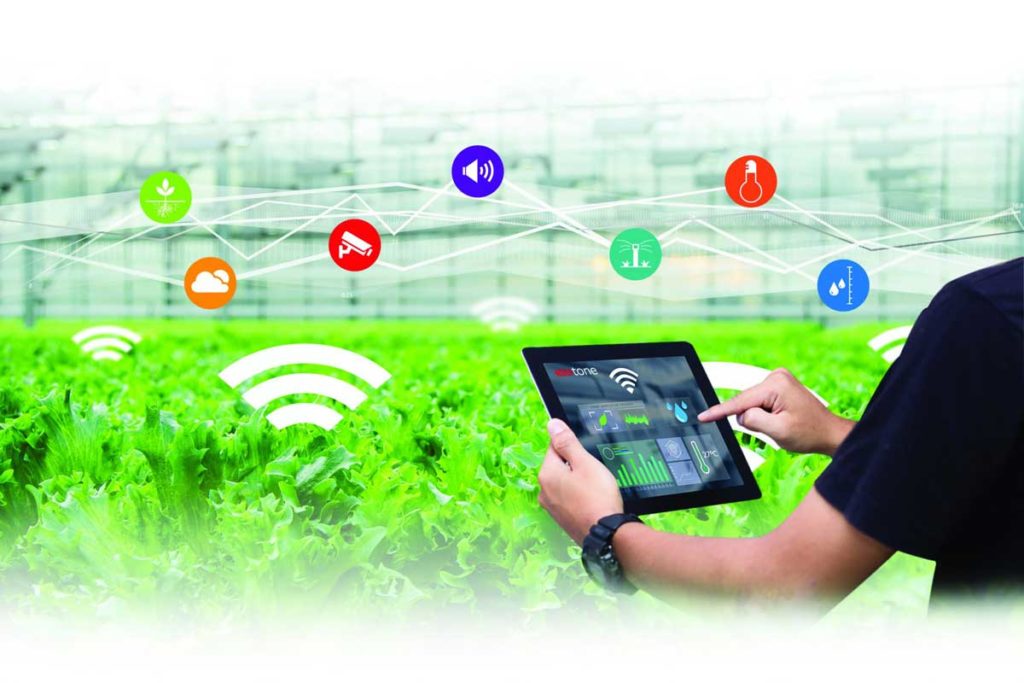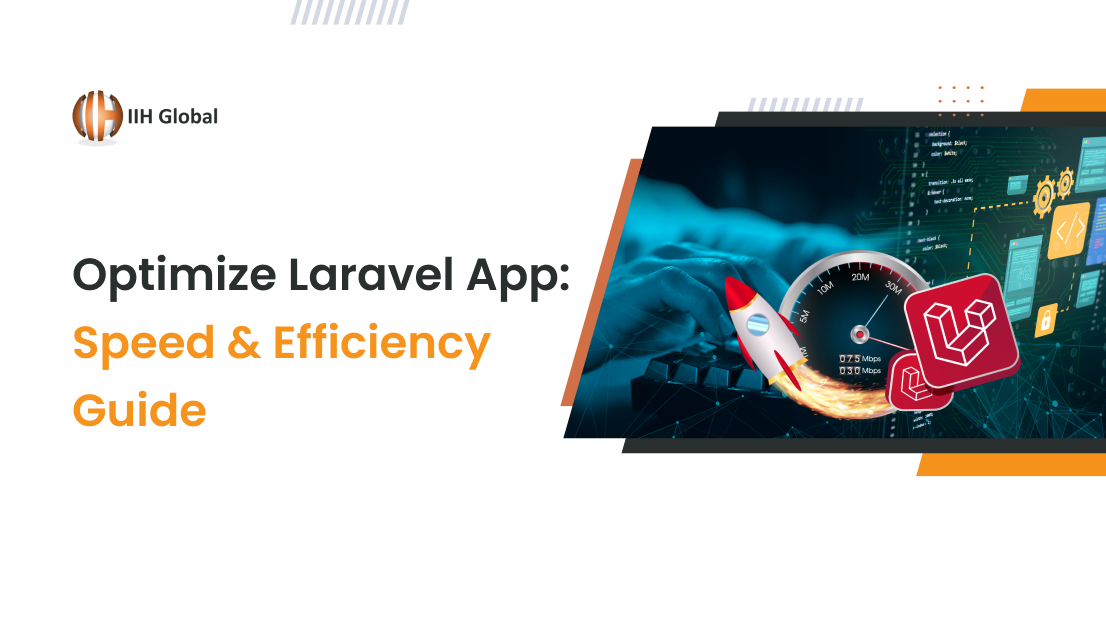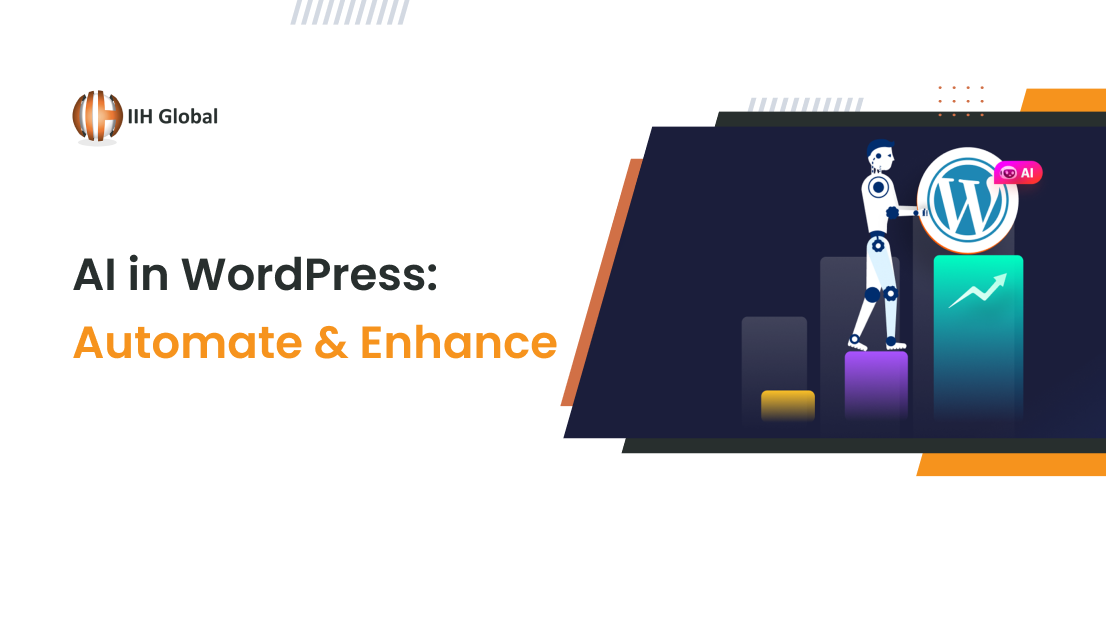Why IoT is the best technology for the agriculture sector?
There have been pretty exciting reflections of the IoT technology across different industries in 2019. Businesses in this industry are continued to be influenced by the reception, expansion, and maturation of IoT implementations. With IoT software and hardware, schools are becoming safer, cars more intelligent, and homes smarter. The cost of low-tech automation is decreasing. IoT is proving its worth everywhere across industries. But many people have not yet taken applying the technology like IoT to agriculture seriously. The agriculture sector can completely be revived with the right use of IoT technology. Also, when merged with AI-based solutions, farmers can swiftly take care of their crops and even livestock with high-level reliability and efficiency. Farmers can automate their equipment and machinery, and track and monitor their livestock in the real-time, with the accuracy they have never seen before. With IoT and other advanced technologies, farmers would be able to produce more out of the same resources and keep on feeding the hungry world. Here are some examples of how IoT will advance agriculture and other farming practices: Farming machines and equipment automation Modern farmers too have to face a lot of challenges. Like always, the biggest one of them is to keep producing more. To achieve this, they use a variety of machines and equipment to swiftly handle farming operations. Doubtlessly, they need people to get these operations executed. But unfortunately, the farming sector is nowadays struggling with the shortage of workers having the right sets of skills. People show little interest in farming operations and accepting it as a full-time profession. This leaves most of the farmers bearing losses. Here, IoT can help farmers automate their tractors, harrows, cultivators, and other machinery and perform farming operations with limited involvement of human workers. However, the idea of automated vehicles driving themselves on their own is still in the concept phase, but their restricted and controlled uses could be possible today itself. Farmers can adopt the technology of automated or self-driven vehicles to it in restricted/controlled environments. Farmlands are open places where there are no roads or lanes, other vehicles overtaking, and pedestrians suddenly coming in the middle of ways.
Automated and self-driven vehicles can easily be tested in farmlands because there is no risk of human intervention or risk associated.
Livestock Monitoring
Now commercial farming is stretched to other things like breeding livestock. There are many farmers who are now professionally engaged in managing thousands of farm-animals, like domestic pigs, sheep, goats, mules, horses, water buffalos, and camels. These animals are living, breathing, and moving commodities for livestock farmers. No doubt, they have to face a lot of challenges in breeding their commodities, such as monitoring them 24X7. It’s really critical than crops.
With IoT, management, monitoring, and tracking of livestock will turn out to be way easier than ever before. Sensors can be attached to wearables of animals for the purpose of having minute-detail of their locations and health, including their heart rate, blood pressure, temperature, and breathing rate. The data obtained can then be sent back to a central computer for further study. Sensors can even spot sick animals by tracking their optimal grazing patterns and help farmers separate them from the herd to prevent the spread of diseases.
IoT Connected Beehives
Many beekeepers are now relying on the IoT technology to remotely manage bee-hives and collect data to ensure better health of bees. With IoT-enabled sensors, beekeepers would be able to schedule events and perform tasks to take better care of bee-colonies. They can use hardware like temperature-regulating cork and hive-gate. With a hive monitor, the number of bees going in and come out can also be counted. This will increase the survival of bees and avoid-theft incidents.
Precision Agriculture
These days, precision agriculture IoT technology is increasingly becoming popular. With precision sensors, farmers are able to collect data related to weather, soil quality, air quality, and crop maturity. This data then helps farmers make smarter decisions. With sensors, farmers can smartly use water and avoid its excessive wastage. They can even automate water to crops and plants. These sensors can even inform farmers about the amount of fertilizer and pesticide they need to use in particular conditions. Precision agriculture sensors can even be applied to monitor weather inside greenhouses. By these sensors, farmers can get notifications if their green facilities have humidity and other weather formations below or above the threshold.
Warping up
Today, IoT, related hardware, and IoT app development technology are helping farmers producing more with keeping crop damage as low as possible. IoT allows them to remotely control machines and depend on limited human workers. IoT can be used in tracking and monitoring required by livestock farmers and beekeepers.







